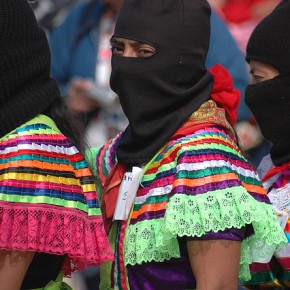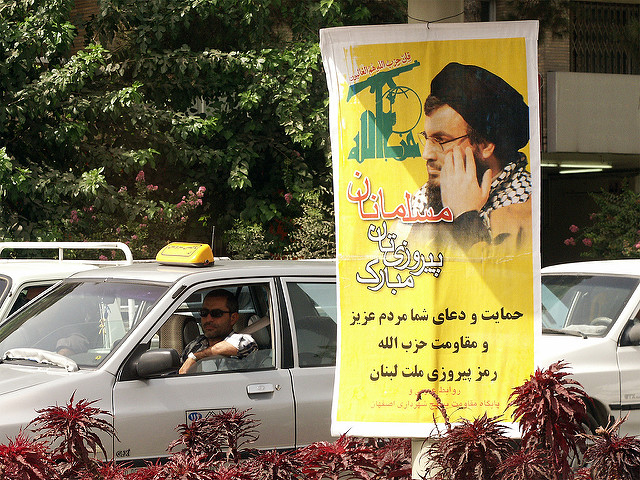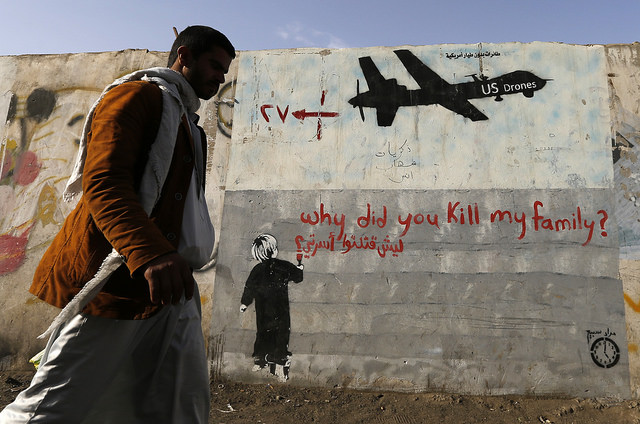Media outlets are abuzz this week about the stabbing of a Japanese diplomat during an attempted kidnapping on Hada’a Street, in Sana’a. Tellingly, they leave out the information that is needed to put this event in context. Specifically, that there was a drone strike a few days ago that killed fifteen wedding-goers.
Kidnapping foreigners has been a part of state relations in Yemen for years. Foreigners become a bargaining chip to goad certain actions from the state, like allocating resources, which it does not do otherwise.
This has become even more intense since the 2011 revolution, because state functions seem to have almost purposefully collapsed in much of the country. Everyone feels like they have to take the law into their own hands. Now, perhaps, more than ever. It’s a symptom of the anarchy.
Before I knew that this was an attempted kidnapping, I wasn’t surprised that a Yemeni would stab the first foreigner he saw after the strike. Local officials have apologized for it, but that doesn’t amount to much in a country where there is no semblance of accountability. Even if there were, it has its limitations. Drones make people feel helpless, because all the responsible parties that actually matter are safely in the United States. There is absolutely no way to punish them when they do something wrong, especially since the practice lacks transparency to such an extent that it is almost impossible to even gauge US “successes” in killing terrorists properly.
Is it that surprising, then, that a Yemeni would lose control and stab a foreigner? Or attempt to kidnap him for irrational motives, as well as the rational ones of pressuring the state? Institutional means for obtaining justice against political failures don’t exist, both with Yemenis, and their foreign backers. The botched drone strike has illustrated this rather dramatically. At least holding a knife to someone is something tangible. If you can also influence government policy by kidnapping a diplomat, then why not?
Probably most important, though, is that the Japanese official has a face. When populations are being terrorized by invisible forces, such as clandestine drone strikes, then the idea of a visible scapegoat has a new appeal. Hence the lashing out at foreigners. You can see them, unlike the American drone operators, who killed fifteen innocent civilians, while attending a wedding.
That doesn’t excuse the stabbing, just as rationalizations for kidnapping don’t excuse it, either. However, if we can understand the factors surrounding this violence better, then we will be much more qualified to end it.
Photograph courtesy of andrepierre. Published under a Creative Commons License.





